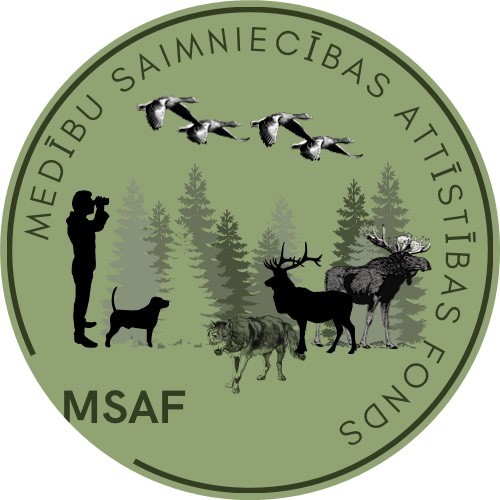Game Management Development Foundation agreement No. 25-00-S0MSF02-000002

The tasks of Study:
- To maintain the independent research representativeness of the number of harvested wolves – at least 40% – collect the canine roots from individuals of both sexes older than a year, reproductive organs from adult females, muscle tissue samples for DNA analysis, and stomachs for diet studies.
- During the wolf hunting season, assess the number of golden jackals hunted and, after agreement with hunters, to collect the bodies of the animals for research on age, reproductive status, feeding, parasitic worms, and genetic analyses.
- Process and include materials collected since 2014 in the characterization of the golden jackal population voluntarily submitted for research by the users of hunting rights.
- Process and study the material in the laboratory to determine the exact age and fertility of the wolves and jackals hunted in the 2024/2025 season.
- Analyze DNA samples from the hunted wolves and jackals and DNA samples from the damage sites where predator attacks on pets have occurred.
- Analysis of the materials and data collected during the 2024/2025 hunting season (demography, kinship, feeding, parasites of golden jackals), continued comparison with the materials obtained during previous research on wolves.
- Conduct a unified assessment of the wolf population status and minimum viable population size (Ne) across the three Baltic States, ensuring the sustainability of the species in the region using distribution, demographic, and genetic data. This number will be a scientifically justified lower limit, which cannot be used as a regulatory norm for managing wolf numbers, but will serve as a signal to cease hunting the species and to initiate active conservation measures instead.
- Provide scientifically evaluated information to the State Forest Service (SFS), for communication with the public, hunting rights users, farmers engaged in livestock farming, and for data exchange with research partners.